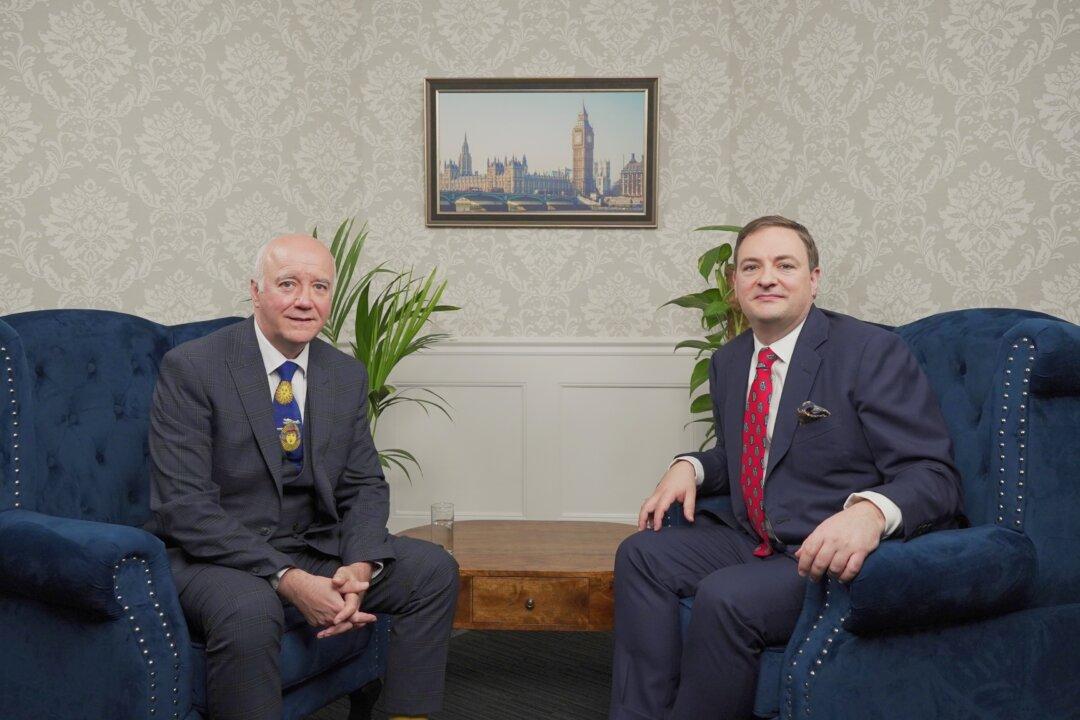Some health professionals in the UK felt they had to self-censor during the COVID-19 pandemic to protect their jobs, a veteran consultant surgeon has said.
In an interview with NTD’s British Thought Leaders (BTL) programme, Dr. Tony Hinton, an independent consultant ENT surgeon who has spent 30 years working in the National Health Service (NHS), said that while he began to question the effectiveness of lockdowns and the COVID-19 vaccines “very, very early on,” the group that was “hardest to engage with” was other doctors.






